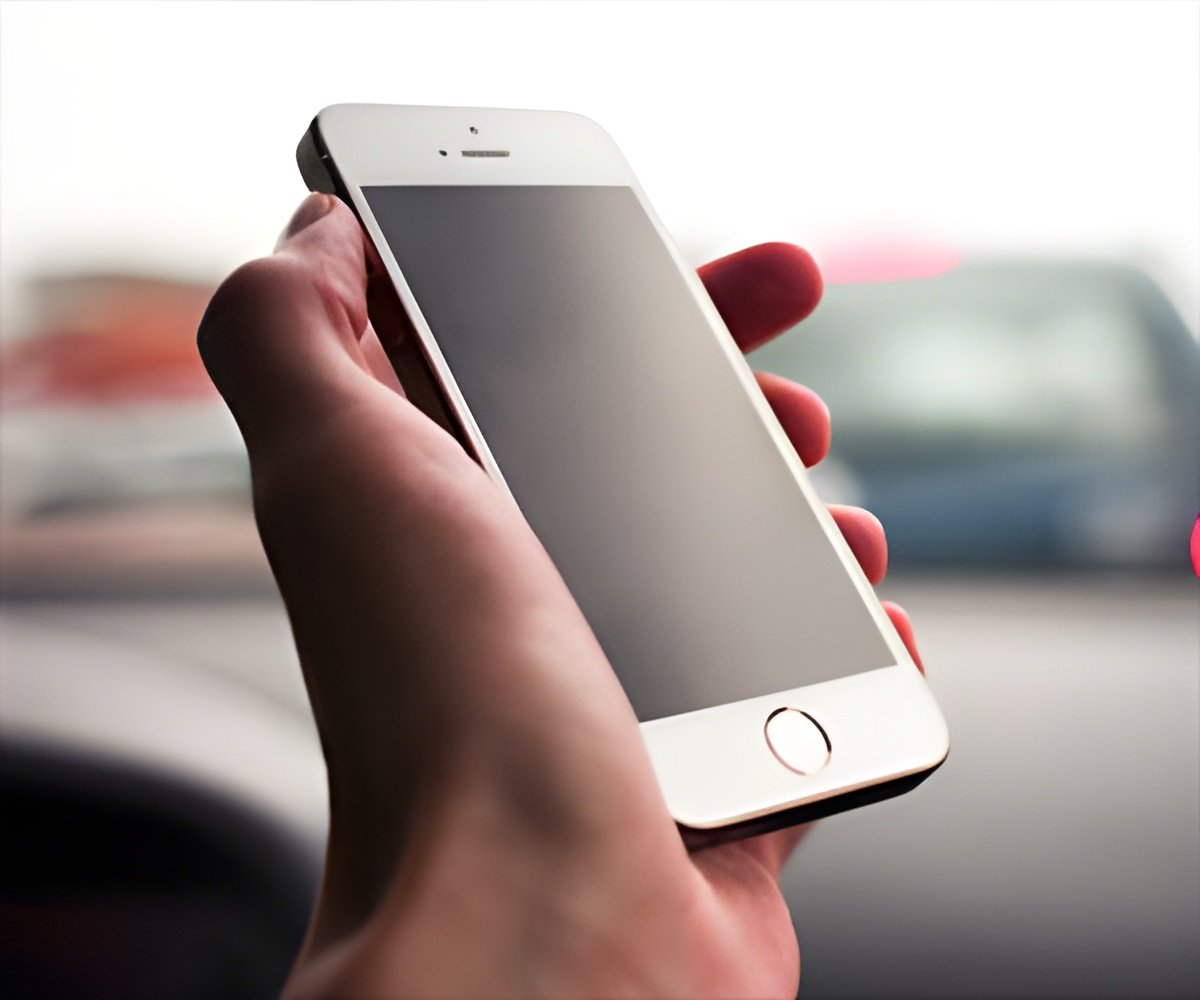This app is mainly useful for working mothers who have busy schedules that does not give them enough time to visit doctors for minor ailments.

According to the American Academy of Family Physicians, 9 out of 10 general practitioners do not typically make house calls. But new phone apps maybe a sign for comeback of house calls.
Pager services’ typical customers are working mothers ages 30 to 45 said, Gaspard de Dreuzy, one of Pager’s three co-founders. "It’s really an urban population that is busy and values its time," he adds.
As Pager is not covered by insurance, customers pay a $50 fee for their first visit and $200 for subsequent visits from one of the company’s 40 health practitioners, including doctors, nurses and physician assistants.
The typical fee is $15 to $25 doctor co-pay for patients with insurance which is 10 times lesser than Pager. But there are situations where a Pager visit might be cheaper than conventional care. For example, $200 is significantly cheaper than the median cost of an emergency room visit: $505, according to federal figures. The ER is often the only medical option for people without insurance.
"We’re trying to move forward to a model where the Pager service will be as affordable as any other care option for people who are insured or not," de Dreuzy says. Pager is currently only available in New York City but it will expand to San Francisco in coming weeks. A competing company on the West Coast, Heal, already operates in San Francisco, Orange County and L.A.
Advertisement
The on-demand doctor business is still in its infancy and these concerns are still premature. Moreover there are signs which show that they are converging with traditional medicine, not breaking away from it.
Advertisement
The company is working with a dozen other hospital systems on similar offerings, said Sam Zebarjadi, Medicast CEO and co-Founder. Previously the company operated its own doctor networks in Miami, Los Angeles, Orange County and San Diego. But Zebarjadi says he found that consumers have "a really big issue around trust, which is one of the reasons we decided to start partnering with hospitals and health systems."
These collaborations may also aid in obtaining getting insurance coverage. Like Pager, Medicast is currently a cash service. The company offers to file the bill for a house call with a patient’s insurance provider, to see if they are willing to cover it.
"Why should patients face challenges -- especially when they’re sick -- having to deal with all the inconveniences that come with getting health care traditionally, versus getting that care in the comfort of their own homes?" said Zebarjadi.
Source-Medindia









